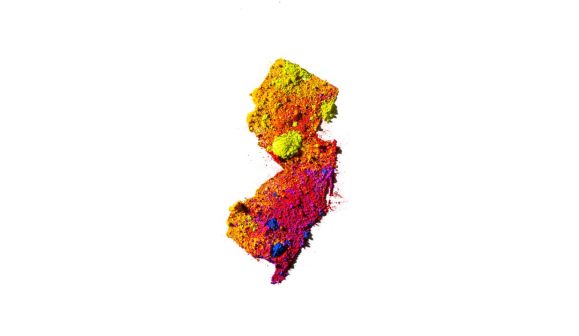NYC asks tech startups for help making the city more sustainable

A startup accelerator program announced this month in New York City is challenging companies to develop technology that can reduce carbon emissions and waste in urban areas, part of an eventual transition to a zero-waste economy.
The program, called Circular City and run by the New York City Economic Development Corporation and New Lab, a Brooklyn-based innovation hub, will select at least five startups to pilot sustainable technology through the end of the year.
Following the program’s launch in 2017, previous editions of the program featured startups that measured street and sidewalk traffic data or generated street maps for self-driving cars. Companies that apply this year can propose technologies that either indirectly or directly benefit a “sustainable vision” of an urban economy, said Sander Dolder, the vice president of initiatives at NYCEDC.
Anything that “reduces emissions, purifies the air, that addresses the waste system to make it more efficient, energy efficiency or optimizes transportation,” is fair game, Dolder said. New Lab and NYCEDC, along with representatives from the Downtown Brooklyn Partnership, Brooklyn Navy Yard Development Corporation, Governors Island and Flatbush Junction BID will begin reviewing applications in February.
The program is meant for companies that have matured past the seed stage, Dolder said. New York City has several startup incubators that focus on developing the products of young technology companies, like Urban-X, but he said there was a gap in providing support for companies that had completed these incubators but wanted to stay in New York.
“Ok, we support these companies, but one of the big things is [they need to] further their product development,” Solder told StateScoop. “[They also need] the city to be more exposed to these technologies and innovations, so is there a way to link the two together?”
Companies will receive varying levels of financial compensation from NYCEDC, depending on the products they pilot. A yet-to-be-named corporate partner, meanwhile, will offset costs for the startups’ residencies in New Lab. Companies will also receive mentorship from a network of urban tech startups within New Lab, a chance to meet with researchers and corporate investors and contribute to a public-private urban data collective, according to the city.
“This public-private collaboration promises to harness the innovation of local startups that develop groundbreaking new methods for reducing greenhouse gas emissions, reusing more products and materials, eliminating waste and building a more sustainable economy,” Rep. Nydia M. Velؘؘázquez, D-NY, said in a statement. “Projects like these can help position New York as an environmental leader.”






